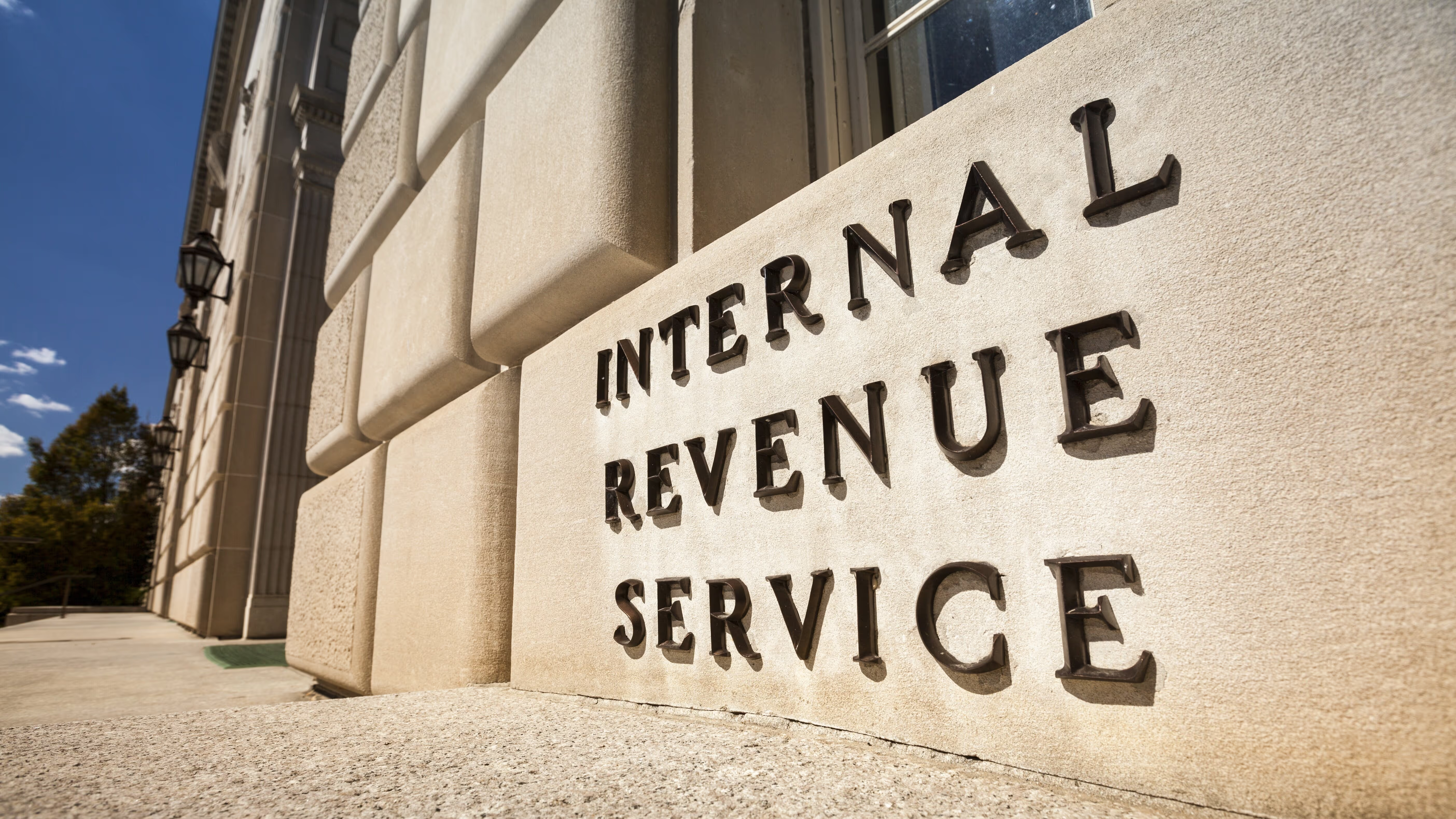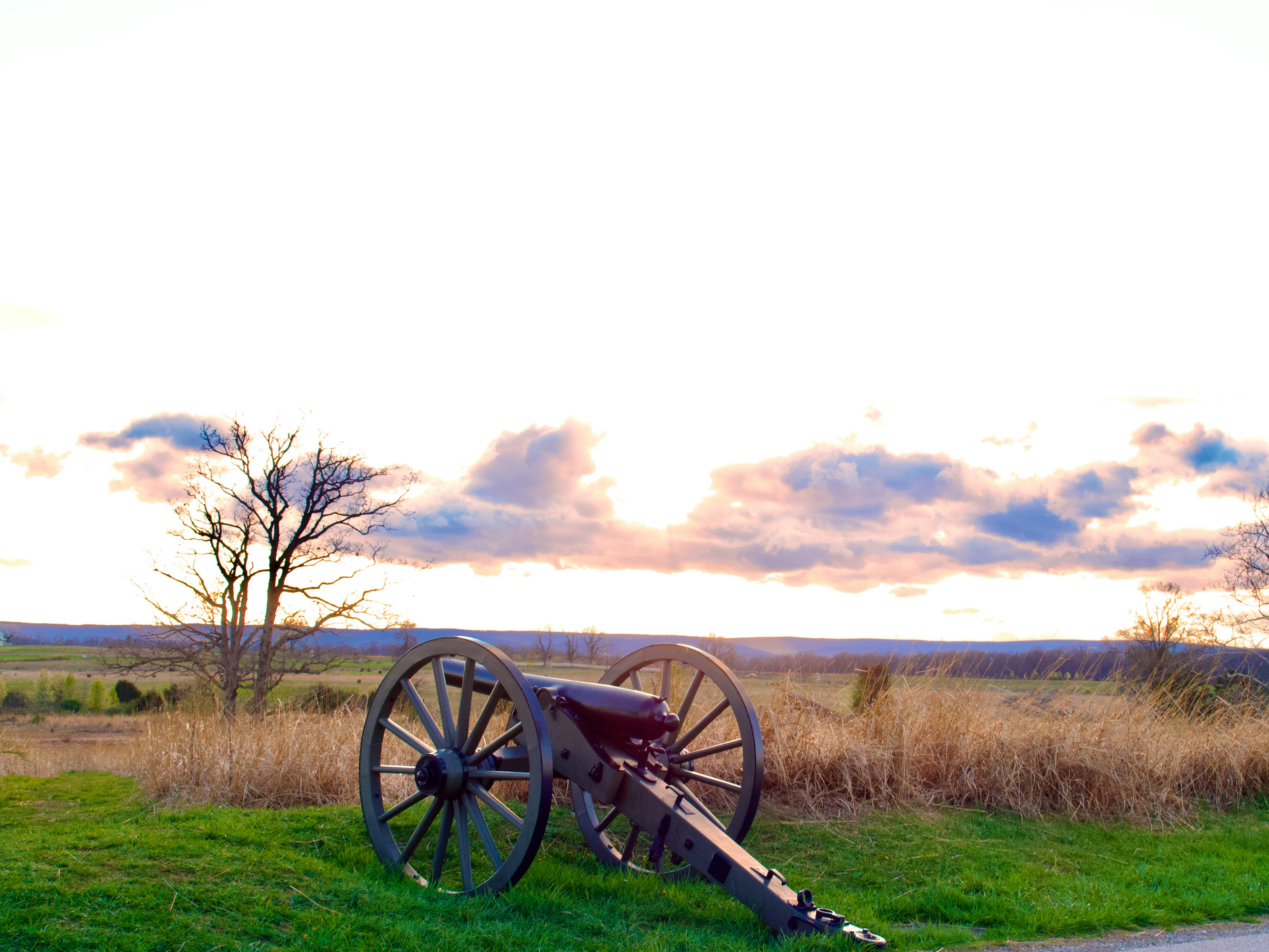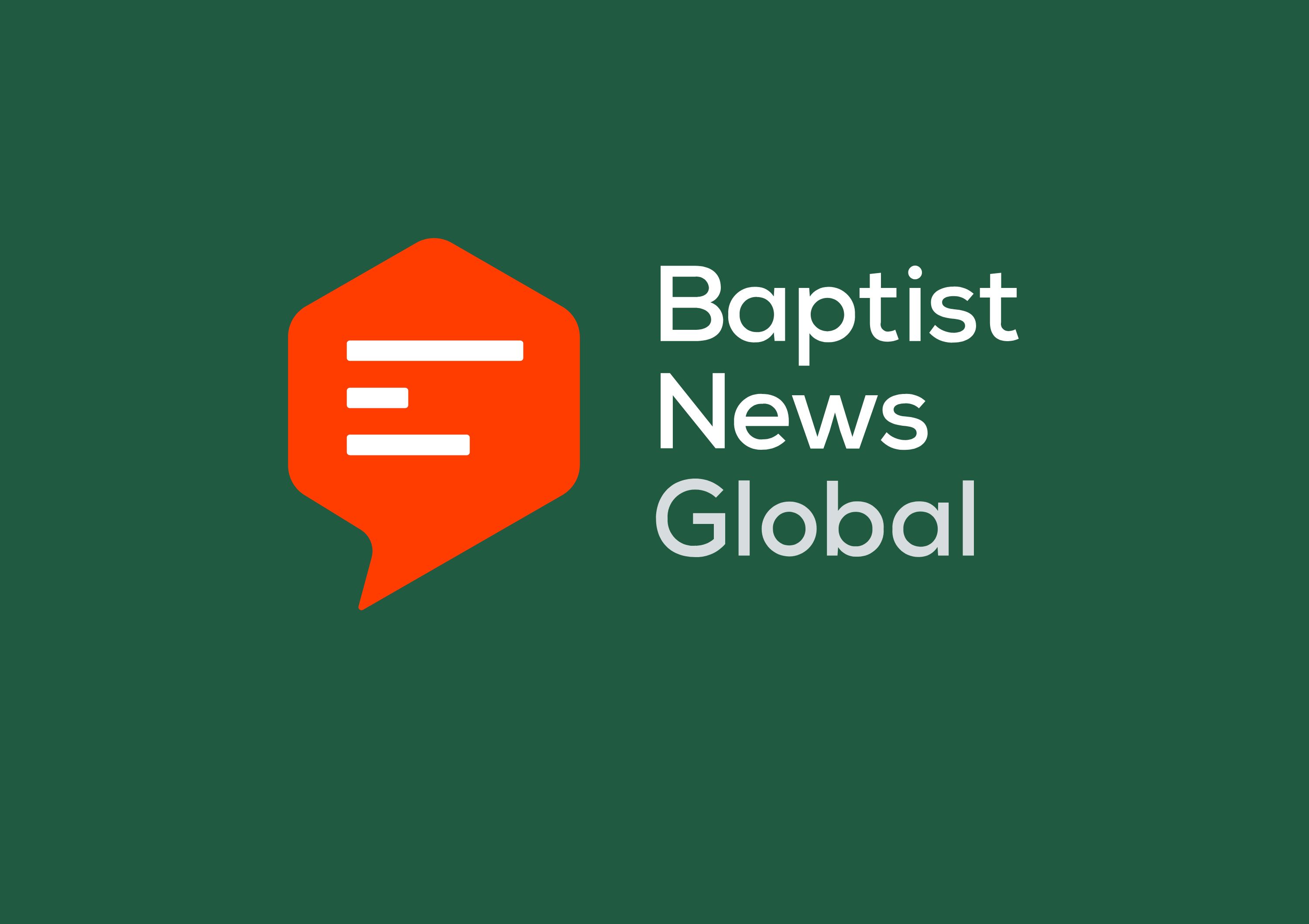News & Updates
Read the latest press releases, blog posts, and State of Belief episodes from our team in Washington, D.C., our network of faith leaders and affiliates across the United States.
Featured Posts
In Trump V. Illinois Amicus Brief, Interfaith Alliance Tells Supreme Court that Right to Protest is Key to Religious Freedom
WASHINGTON — Interfaith Alliance, a leading national advocate for religious freedom, has filed an amicus curiae brief to the Supreme Court in Trump v. Illinois, supporting a ruling by a federal judge that prohibits the Trump administration from deploying the National Guard to Illinois. Democracy Forward is providing pro bono legal representation to Interfaith Alliance in the case.
Department of Education Gets Patriotism Wrong
Interfaith Alliance, together with major religious organizations committed to religious freedom and education, has submitted a formal comment to the U.S. Department of Education opposing the proposed priority and definitions on promoting patriotic education.
Thank you! Your submission has been received!
Oops! Something went wrong while submitting the form.

Faith leaders have an important role in fighting hate speech
Recently, the Sure Foundation Baptist Church (SFBC) in Indianapolis held a sermon in which the preacher called for the government to institute the death penalty for the LGBTQ+ community. Despite heavy criticism from the Indianapolis community for its hateful remark, the church has refused to back down, instead celebrating the exposure that the incident has brought.

I.R.S. Support for Political Endorsement by Houses of Worship Erodes Critical Boundary Between Religion and Government
WASHINGTON – Interfaith Alliance, a national leader in defending religious freedom and inclusive multi-faith democracy, is deeply concerned by a new I.R.S. court filing that says churches and other houses of worship can endorse political candidates to their congregations from the pulpit. This action by the Trump Administration violates the fundamental purpose and spirit of the Johnson Amendment, a decades-old ban on political campaigning and endorsement by non-profits, including houses of worship.

Dear President Trump: We See What You Are Doing with Antisemitism
Last Thursday, during a rally to promote their disastrous new budget, President Trump took the stage and said: “No going to the banks and in some cases, borrowing from a fine banker, and in some cases shylocks and bad people.” Trump’s use of the word “shylocks” echoes a hundreds-of-years-old trope about hidden Jewish influences, moneylending and nefarious financial power.

